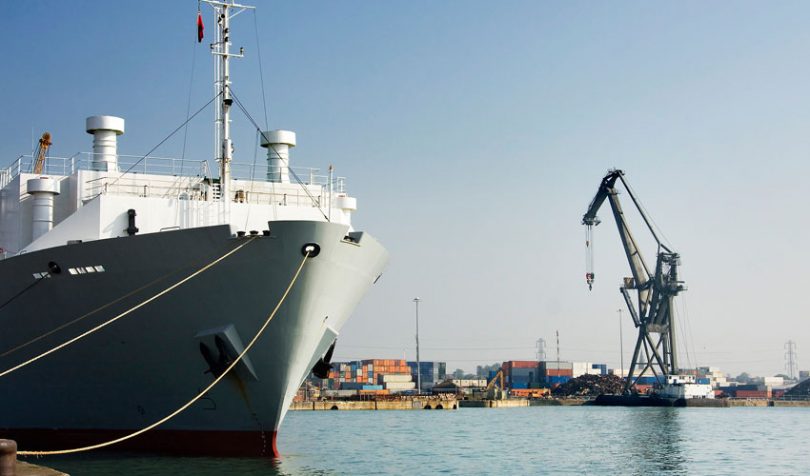A chamber of commerce used blockchain to certify an export consignment in South-West England.
The engineering company Renishaw received the certificate using Business West’s pilot project. In May the Singapore International Chamber of Commerce issued the world’s first blockchain based e-Certificate of Origin. South Korea is working on a similar project.
Certificates of Origin are necessary in international trade to prove where the goods were made or produced. Hence customs authorities can check whether various customs laws or duties apply.
As for the UK, leaving the European customs union would mean UK firms would need to show where their goods were made or produced.
If blockchain and a QR code can speed up the customs process by tracing the origin of goods or produce without almost any chance of tariff-avoiding forgery, then that could mean a lot for a post-Brexit Britain.
“It’s a lot easier to Photoshop a paper certificate of origin than to alter an entry in a blockchain,” said Mr Monk, the commercial director of Business West, speaking to the Financial Times.
Not all, however, are so optimistic on the time-scale of blockchain for UK/EU trade. Lack of clear regulation on an unproven technology could delay implementation for many years. So thinks Nicolas Botton, a researcher at the European Centre for International Political Economy think-tank in Brussels.
And Mr Monk himself admitted that the technology is still at an early stage. Especially since the Chamber issued a conventional paper certificate alongside the digital one.
Other blockchain projects
While digital Certificates of Origin using blockchain may not arrive in time for Spring 2019, blockchain undoubtedly will be here to stay in the arena of international trade. PwC Australia is currently exploring blockchain’s benefits. And both Dubai and Abu Dhabi in the UAE announced blockchain projects. The big player in the space is the IBM and Maersk joint venture.







